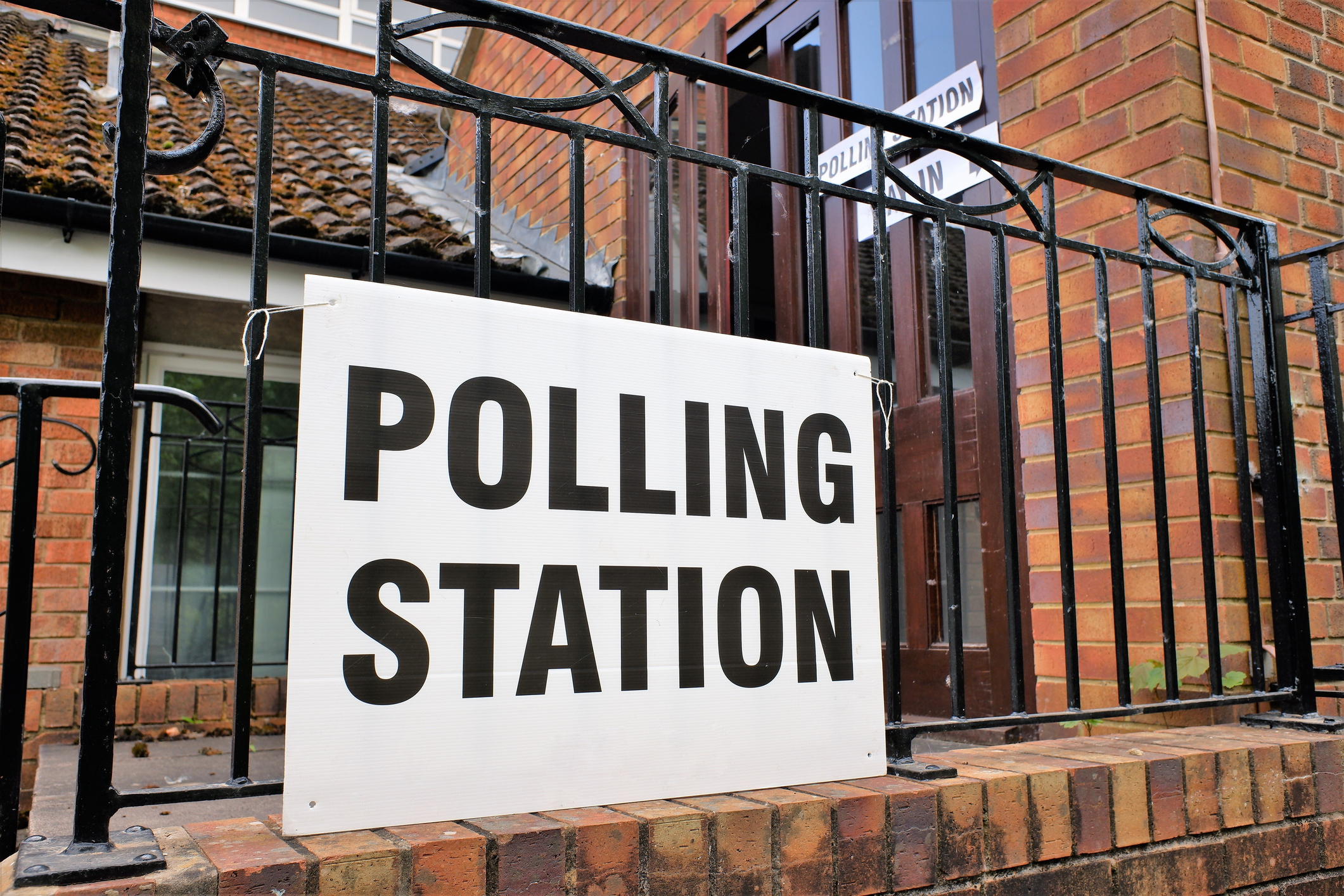
Date posted: 11th Jun 2024

By Tax Partner, Lee Watson
Stick or twist?
So, the question of the date of a general election has been answered and the country will go to the polls on July 4 2024, to determine who will govern the country for the next five years.
A politically divided nation, faces the question of whether to stick with the current political party to run the country or twist and allow the opposition to run the country. Or maybe everyone gets what nobody wants in some form of coalition government?
Taxpayers will face the same question in terms of whether to undertake pre-election tax planning or whether to wait until post-election and potentially post a Labour Party budget (if polls are to be believed) to plan for their tax affairs.
However, with the current income tax, capital gains tax and inheritance tax rates and allowances known, is now the time to plan before any changes are potentially announced?
Of course, rates may go down and allowances may increase, so there is an element of “crystal ball” tax planning required. Life is never easy for a tax adviser!
Tax will be a main part of each political party’s main policies. Whilst we await each party’s actual manifesto pledges on tax, we have some thoughts on areas that may come under scrutiny.
Pensions allowances
Prior to the 2023 budget, there was a lifetime allowance which limited the amount that you could save into pension, during lifetime, without facing penal tax charges.
There are allowances that limit the amount that you can contribute to a pension, annually, without incurring tax charges. These allowances are complicated and depend upon a number of factors such as the amount of your income, whether you have already accessed certain pension funds, whether you have unused allowances from prior years etc. Advice is critical in this area, get in touch with our experts here.
There are a number of unknowns as we head to the polls and what a future budget may bring. For example:
- Will the lifetime allowance be re-introduced?
- Will the annual allowance be lowered?
- Will the higher / additional rate tax relief on personal pension contributions be scrapped?
Perhaps tax relief on pensions will be scrapped altogether?
Inheritance tax
In most cases, an individual person needs to have wealth of over £325,000 before inheritance tax (IHT) becomes a consideration. This can potentially rise to £500,000 depending upon if their worth includes a main residence and if that main residence is gifted to their children, on death. A married couple can therefore potentially have £1m worth of allowances, to utilise, between them. However, there are variations on this, and advice is critical, get in touch with our experts here.
IHT is payable by around 4 out of 100 estates. This means that only 4% of the population are expected to pay IHT. However, that does mean a revenue of c£6bn to the exchequer.
There are a number of questions that need to be resolved:
- What will replace the revenue if IHT is abolished?
- What may happen if IHT rates are increased?
- Will the agricultural property relief be tweaked to only include “real farmers”?
- Could business property relief be altered?
- Will the protection for pension funds remain?
Capital gains tax
Currently seen as a “rich man’s tax”, capital gains tax (CGT) is payable on the profit (or gain) made on the sale of capital assets such as shareholdings, property or sales of businesses.
The rates are quite generous compared to income tax rates with CGT rates ranging between 10% and 28%. The 28% rate is now imposed in quite rare instances, so 24% is the highest rate of capital gains tax for the vast majority of higher rate taxpayers.
There are a number of questions to be resolved in relation to CGT, such as:
- Could CGT allowances be reduced further from the current £3,000 allowance?
- Could CGT rates be increased and aligned with income tax rates?
- Could there be a relief introduced for landlords that sell properties to tenants?
- Could we see the re-introduction of business asset taper relief to replace the current business asset disposal relief, to extend the time frame required to hold a business or shares in a business, to access lower tax rates?
Income tax and national insurance
Income tax, as you’d expect, impacts everyone with an income – employment, self-employment, pension, rental etc.
National insurance (NIC) only impacts those that have earned income i.e., from employment and self-employment.
The current government have reduced NIC in recent years for both employed and self-employed workers, but income tax thresholds have remained frozen for a number of years. Both main parties have suggested that this will remain the case.
Due to the freezing of allowances and tax thresholds, HMG has benefitted as individuals have received inflationary pay increases which have pushed them into higher tax brackets and resulted in them paying more tax, than they necessarily would have, had allowances and thresholds increased in line with inflation.
So, do we see the continuation of stealth taxes – in other words, no direct tax rate rises but reductions in reliefs, thresholds etc to bring more tax into the exchequer?
Could ISA or EIS/SEIS allowances be tweaked? Could dividend tax rates be increased further?
It is likely that both main parties will be focussed on the non-dom tax regime, so non-doms will be expected to pay more income tax!
Corporate tax
Companies have been subjected to tax rises over the past few years, following the re-introduction of the 25% tax rate in April 2023.
The current tax rate bandings for a stand alone non associated company are:
£0-£50,000 – 19%
£50,000 – £250,000 – 26.5%
£250,000 – 25%
Could we see the bandings increased so that more companies end up paying tax at 26.5%? Or an increase in the 25% rate?
Could we see cuts to the allowances that companies can claim in relation to acquiring plant and machinery?
Could indexation allowance be scrapped for corporates making capital gains?
VAT
Both main parties are believed to have ruled out wholesale changes to VAT barring the potential changes to VAT on private school fees.
Catch 22 paradox?
We anticipate that more will be announced in the run up to election day.
However, the only real certainty will come when the Chancellor stands up at the next Budget and confirms the measures that they plan to introduce. Unfortunately, that may be too late to take advantage of current reliefs so you could kick yourself for not acting in advance. Alternatively, you could act in advance and find out what you have done was not necessary!
This is akin to a catch 22 situation! You can’t plan for your taxes until you know what the rates will be, but you will only know what the rates will be, after it is too late to plan for your taxes!
Does anyone have the phone number for Russell Grant…………..?
If you do have the number for Russell, or indeed wish to chat to us, regarding tax planning, please don’t hesitate to get in touch.


